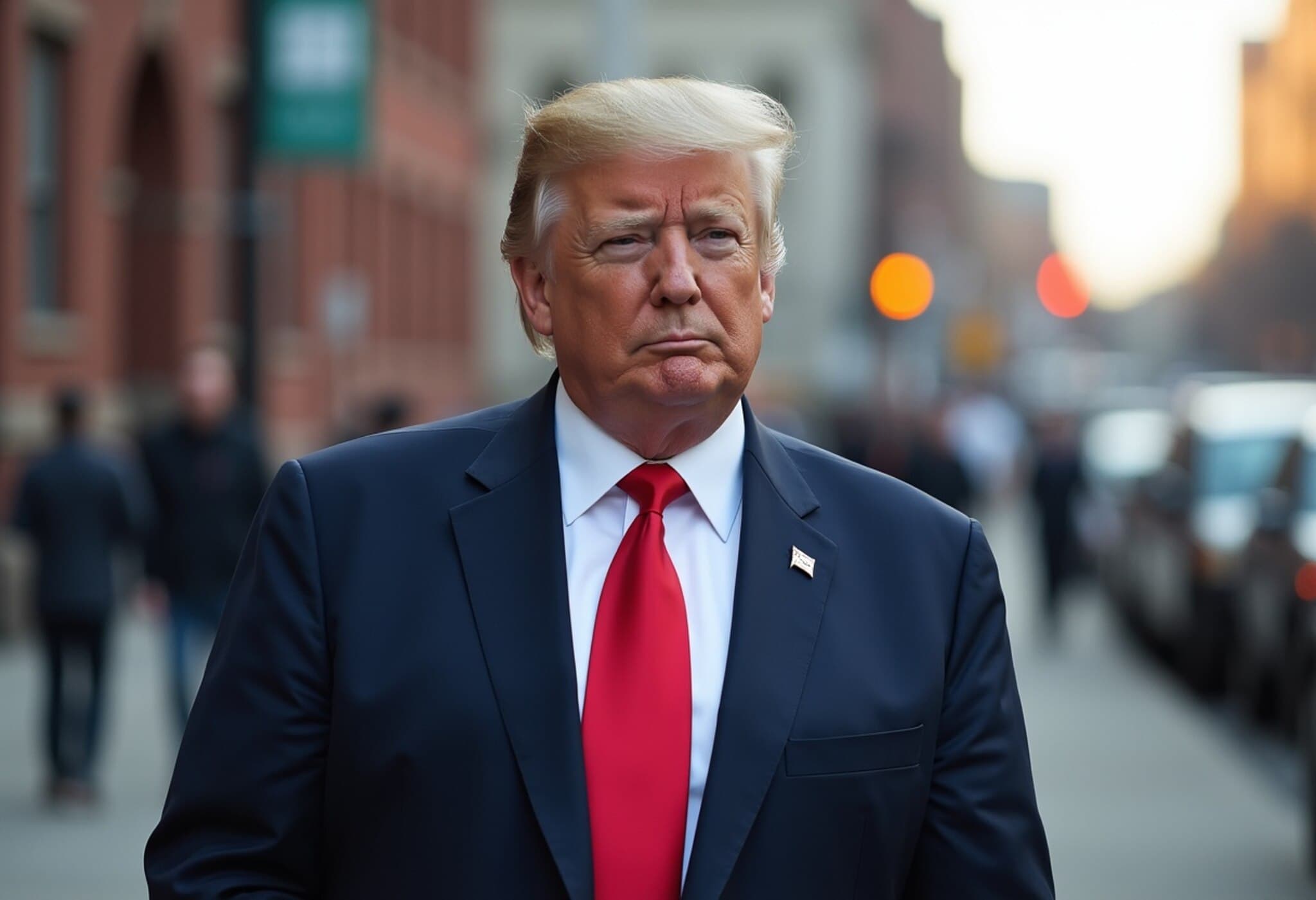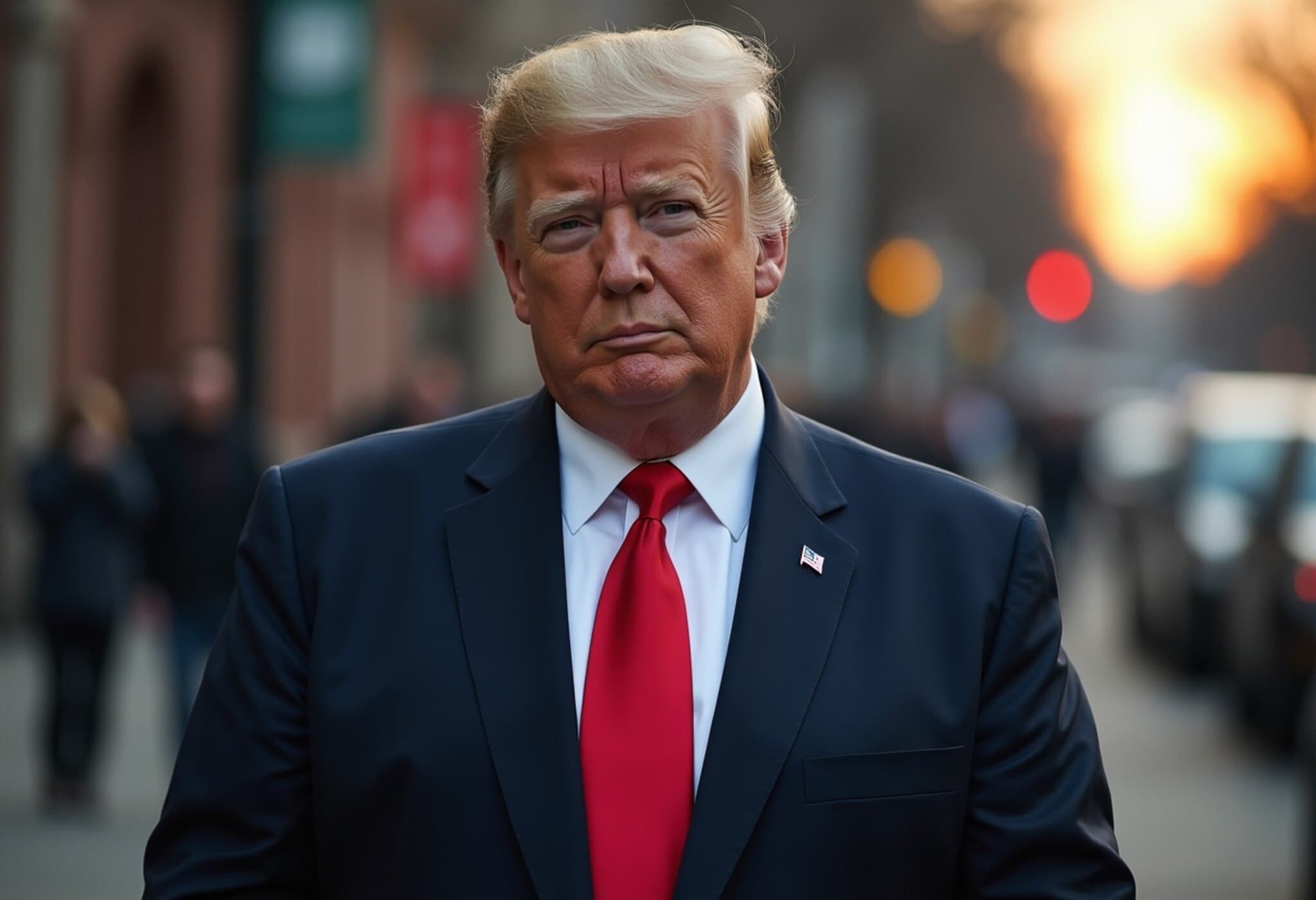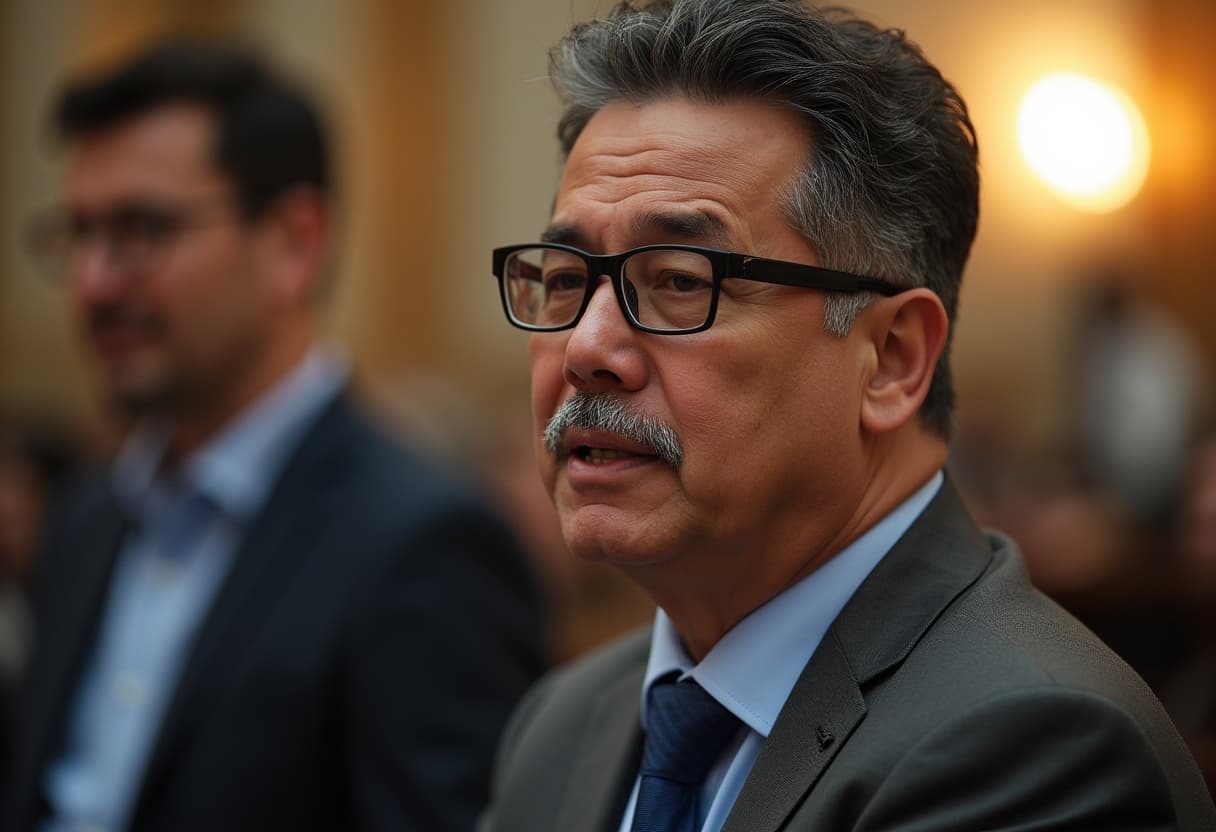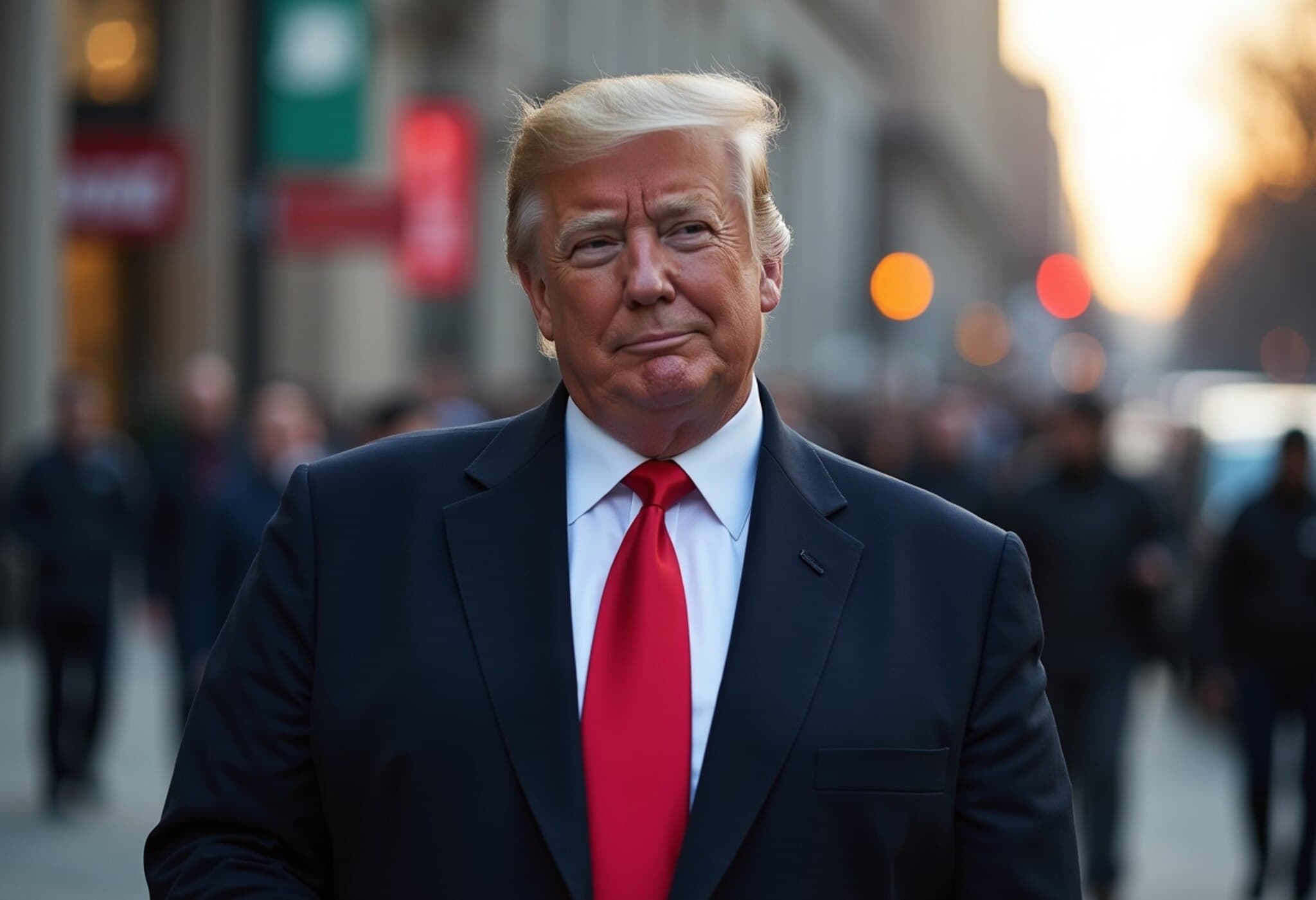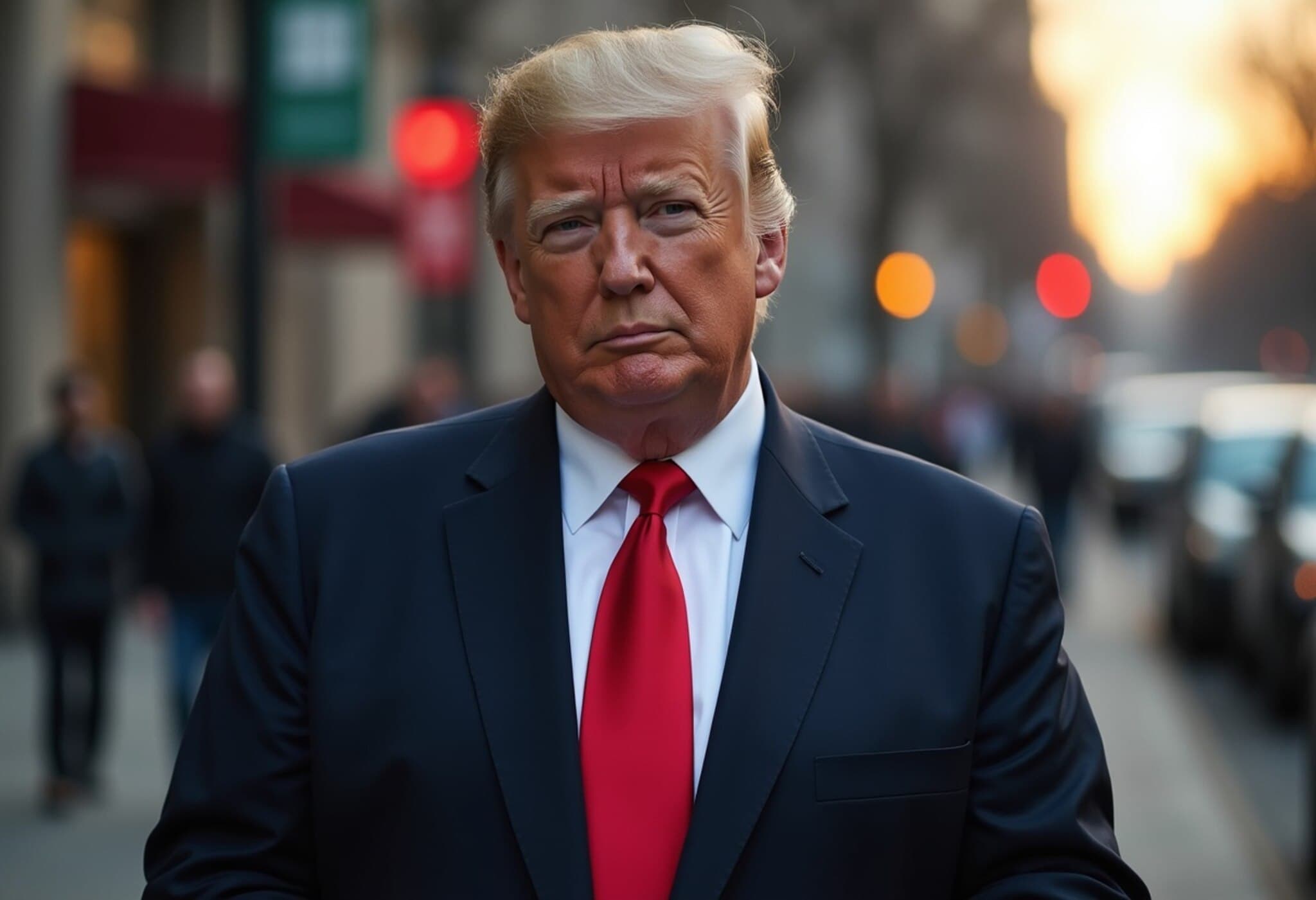Trump’s Threat to Pause Baltimore Bridge Reconstruction Sparks Political Firestorm
In a recent escalation of tensions between the federal government and Maryland’s state leadership, former President Donald Trump has threatened to suspend federal funding for the reconstruction of the Francis Scott Key Bridge in Baltimore. This vital infrastructure was severely damaged after a ship collision last year, prompting urgent calls for repairs funded by federal disaster relief allocations.
False Claims and Political Posturing
Trump’s announcement came via a post on his social media platform, TruthSocial, where he claimed, “I gave Wes Moore a lot of money to fix his demolished bridge.” However, this statement is factually inaccurate: the federal funding was approved in 2024, after Trump had left office. The funds were allocated under the Biden administration as part of a broader disaster response package. This misrepresentation appears to be less about factual accuracy and more about wielding financial aid as a political tool amid escalating partisan confrontations.
Context of the Feud with Governor Wes Moore
Maryland Governor Wes Moore, the state’s first Black governor and a prominent Democrat, had extended an olive branch inviting Trump to walk Baltimore’s neighborhoods as a gesture of goodwill. Instead of acceptance, Trump’s response was sharp and combative, criticizing Governor Moore’s crime statistics and threatening to deploy federal troops to Baltimore similarly to how he sent forces into Los Angeles during his previous administration.
Governor Moore has been outspoken against President Trump’s tactics, especially his proposed expansions of federal control over cities led by Democratic mayors with large Black populations, such as Baltimore and Washington, D.C. Moore responded to these maneuvers with defiance, stating, “Donald Trump, if you are not willing to walk our communities, keep our name out of your mouth.”
Federal Intervention in Democratic-Led Cities: A Pattern Emerges
Earlier in August, the Trump administration activated a controversial federal takeover of Washington, D.C.'s police force. This came alongside deployments of National Guard troops and federal agents on local streets, justified officially as efforts to combat rising crime rates. Critics argue, however, that these actions carry undertones of political intimidation, disproportionately targeting Democratic-led municipalities and communities of color.
Ultimately, control of policing in Washington was returned to local authorities after bipartisan pushback, but federal agents and troops remain deployed. Trump has suggested plans to expand similar interventions to other cities, including Baltimore, but legal constraints—particularly governors’ authority over National Guard deployments—pose significant obstacles.
The Larger Implications for Governance and Race Relations
This spat between Trump and Moore highlights deeper national divisions surrounding race, urban governance, and the politicization of federal disaster relief funds. The targeting of cities with significant Black populations under the guise of crime control risks exacerbating historic inequalities and undermining trust in government institutions.
Moreover, by weaponizing infrastructure aid and federal security forces, these disputes raise pressing questions about the role of federal power in local affairs and the potential for political vendettas to impede urgent public needs such as bridge reconstruction.
Expert Commentary
Political analysts note that the misuse of disaster relief funding as leverage in partisan conflicts is a dangerous precedent that could harm essential public projects and delay critical recovery. Legal experts emphasize that governors’ refusal to authorize National Guard deployments protects states’ rights and offers a check against federal overreach.
From an economic perspective, delays in reconstructing critical infrastructure like the Francis Scott Key Bridge risk impacting local commerce and public safety in Baltimore, illustrating how political battles have tangible effects on everyday citizens.
Looking Ahead
As the situation unfolds, observers will be watching whether the federal government follows through on these threats and how Maryland’s leadership responds. The broader national discourse about federalism, racial equity, and political reconciliation remains highly relevant.
Key Points to Watch:
- Will Trump escalate efforts to restrict federal funding based on political alignment?
- How will Governor Moore and local officials safeguard infrastructure projects and public safety?
- What legal avenues exist to prevent federal overreach in state and local governance?
Editor’s Note
The clash over Baltimore’s bridge funding is more than a political spat; it underscores the fraught intersection of governance, race, and federalism in America. As leaders on both sides trade barbs, the voices of Baltimore residents and their urgent needs risk being lost in the crossfire. This episode invites us to ask: How can the nation balance political accountability with the imperative to serve its communities equitably and effectively?

